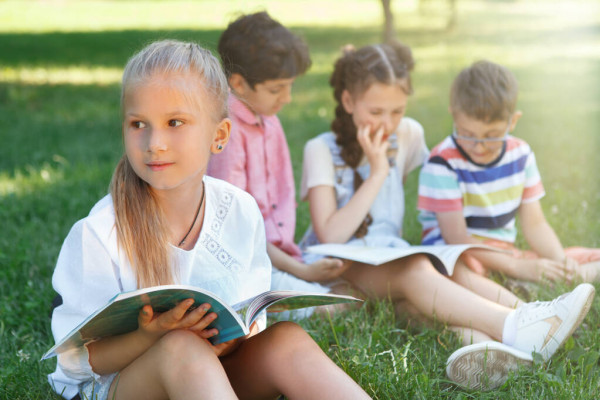
From K-12 Dive
Tennessee officials hope an early literacy texting pilot program in three-fourths of districts can help stem learning losses for the youngest learners.
By Naaz Modan
Feb. 17, 2021
Very young students falling behind during the coronavirus pandemic could face long-term achievement impacts. But Tennessee is turning to texting to keep these early learners on track.
Since the Tennessee Department of Education rolled out a curriculum-aligned Pre-K to 3 texting initiative in mid-January, there has been a “surge of interest” from families, said Lisa Coons, the department’s chief of standards and materials. The program is offered on a first-come, first-served basis to districts, she said, and has been particularly helpful for rural families.
“We had a hard time getting families engaged and excited” about online learning when school buildings closed last March, Coons said. “Our current challenge is we have more families than we have spots [in the texting program].”
Creating ‘culture around literacy’
The texting effort, coordinated by evidence-based family engagement curriculum provider Ready4K, is a two-year, statewide project supported by the Governor’s Early Literacy Foundation, a Tennessee nonprofit focused on early literacy, according to Tennessee Department of Education spokeswoman Victoria Robinson.
While the general Ready4K program is widespread in Tennessee — 102 districts, or approximately three-fourths in the state, are participating as of Feb. 11 — the program’s content can be localized for each district. Ready4K aligns its text content with the state’s curriculum standards, as well as with local instruction and grade level, said Ben York, founder of Ready4K, and the content also can “amplify other key messages in the community, however big or small.”
The curriculum, vetted by the Tennessee Department of Education, is texted to families that have opted to share their contact information with Ready4K — sidestepping privacy concerns — and have students enrolled in grades Pre-K to 3.
“Each week, parents receive fun facts and easy tips on how to promote their children’s development by building on existing family routines,” York said in an email, “like pointing out letters on a shampoo bottle during bath time, counting the number of forks as you put them away, or making feeling faces in the mirror after you brush your teeth.”
The company also includes COVID-19-friendly activities that can be done standing 6 feet apart.
Coons said the digestible nature of the texts is part of what makes them popular among parents. “It’s not like delivering a whole lesson to children,” she said. “It’s about creating that culture around literacy at home and the activities, and thinking about learning with your parents and family.”
Within one month of the Jan. 11 launch, 1.8 million text messages were been sent to parents of 163,141 students and families across 102 Tennessee districts, according to Claire Jones, spokesperson for GELF.
Read this and other stories at K-12 Dive

